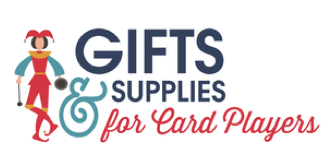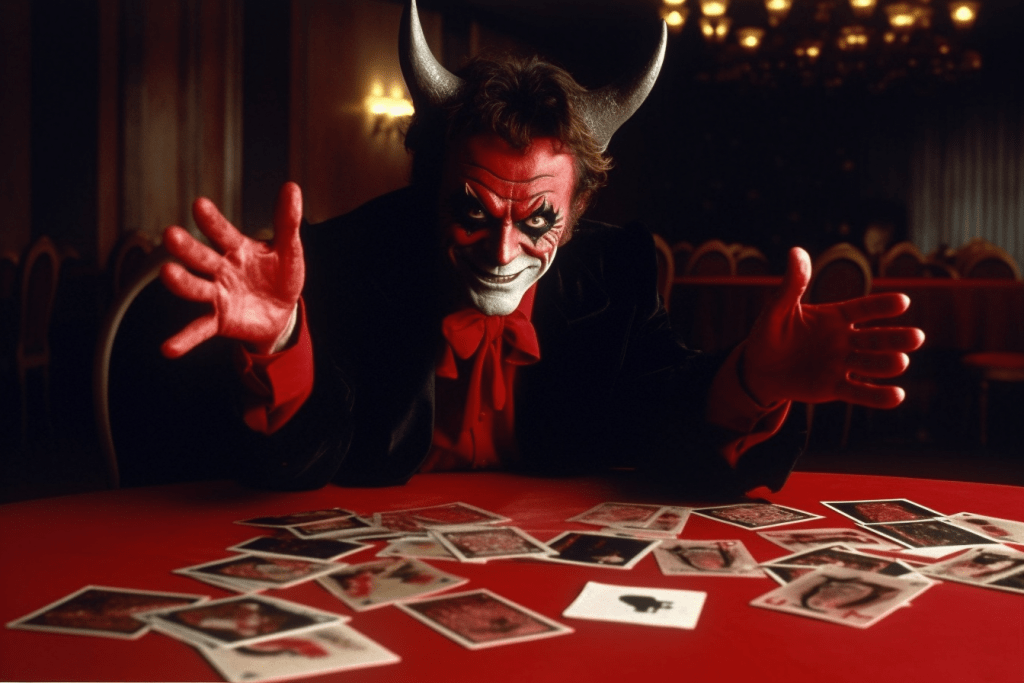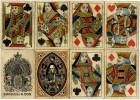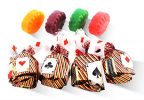Unveiling the Intriguing Origins of Playing Card Nicknames
Playing cards have been a source of entertainment and fascination for centuries. While we commonly refer to them by their suits and ranks, these beloved cards have also acquired a plethora of intriguing and evocative nicknames over time. In this blog, we delve into the origins and significance of these colourfuul aliases, exploring their historical context and shedding light on the diverse ways people have referred to playing cards throughout the ages. From the playful “Handmaidens of Chance” to the enigmatic “Fortune Tellers,” let’s embark on a journey through the captivating world of playing card nicknames.
Unraveling the Origins of Nicknames
The Handmaidens of Chance: Embracing the Mystique
Playing cards have long held an air of mystique and allure, inspiring creativity and imagination. The nickname “The Handmaidens of Chance” speaks to the cards’ role as intermediaries, facilitating encounters with fortune and destiny. It suggests that these cards are not mere inanimate objects but rather active participants in the unfolding drama of games. They hold the power to shape the course of events, either favoring or challenging the players.t’s explore how this intriguing nickname came into being.
The Gaming Tiles: Echoes of Ancient Traditions
The nickname “The Gaming Tiles” hints at the rich historical tapestry woven by playing cards. From ancient tile-based games to the evolution of card decks, this section uncovers the fascinating connections between playing cards and their predecessors, showcasing the enduring legacy of gaming tiles.
The Wagering Tools: A Glimpse into the Gambling Culture
Gambling and playing cards have been closely intertwined throughout history. The nickname “The Wagering Tools” encapsulates the role that cards have played in various forms of gambling, from friendly wagers to high-stakes contests. Here, we see the historical significance of gambling and its influence on the development of playing card nicknames
Exploring the Cultural Significance of Nicknames
The Table Tiles: A Social Pastime
Playing cards have always been a catalyst for social interaction, gathering people around a table for shared moments of excitement and camaraderie. The moniker “The Table Tiles” embodies the notion of cards as companions in social gatherings, and this section delves into the cultural significance of playing cards as a means of connection and entertainment.
The Fortune Tellers: Mysticism and Divination
Beyond their gaming applications, playing cards have a rich history in the realm of fortune-telling and divination. The nickname “The Fortune Tellers” hints at the mystical associations that have surrounded playing cards, particularly exemplified by the intriguing Tarot deck. Join us as we explore the mystical allure of card reading and its impact on the nickname bestowed upon playing cards.
The Evolution of Perceptions: From Devil’s Picturebook to Playthings
The Devil’s Picturebook: A Tarnished Reputation
In darker chapters of history, playing cards faced moral scrutiny and criticism from religious and conservative groups. The nickname “The Devil’s Picturebook” serves as a reminder of the negative associations attached to playing cards during this period. This section delves into the origins of this infamous nickname and the societal attitudes that led to its emergence.
The Devil’s Playthings: A Temptation to Be Resisted
Continuing from the previous section, the nickname “The Devil’s Playthings” further emphasizes the perceived wickedness associated with playing cards. Here, we explore the societal concerns surrounding gambling and its impact on the reputation of playing cards, as well as the efforts made to discourage their use through such cautionary appellations.
The Devil’s Tickets: A Deceptive Invitation
“The Devil’s Tickets” implies that playing cards hold a certain allure, drawing individuals into a realm of temptation, deception, and potential ruin. It conveys the idea that these innocuous-looking cards have the power to lead people astray and entice them into vices such as gambling and excessive indulgence.
This nickname gained prominence during periods of history when playing cards faced significant moral scrutiny and criticism from religious and conservative groups. They viewed card playing as a sinful activity that could lead individuals down a path of immorality and spiritual decay. By labeling playing cards as “The Devil’s Tickets,” these groups aimed to dissuade people from engaging in card games, emphasizing the perceived dangers and temptations associated with them.
The symbolic implications of “The Devil’s Tickets” also touch upon the deceptive nature of playing cards. Just as a ticket may promise entry into a desired destination, the cards offer the promise of excitement, entertainment, and potential rewards. However, like a deceptive invitation, they can also lead to disappointment, financial loss, and addictive behaviour.
It is essential to note that the nickname “The Devil’s Tickets” reflects a particular historical perspective and the moral judgments prevalent at the time. The negative associations attached to playing cards were not universal and varied depending on cultural and religious contexts. In many cultures and periods, playing cards were simply regarded as a form of harmless entertainment and skillful gameplay.
As societal attitudes towards playing cards evolved, the negative connotations surrounding this nickname began to diminish. The focus shifted towards recognizing the strategic, social, and recreational aspects of card games. Today, while the nickname “The Devil’s Tickets” may not hold the same weight as it once did, it serves as a reminder of the historical tensions and perceptions surrounding playing cards.
In Summary
Playing card nicknames offer us a window into the diverse perspectives, cultural influences, and historical contexts in which these beloved cards have been viewed. From the evocative and enigmatic “Handmaidens of Chance” to cautionary labels like “The Devil’s Picturebook” and “The Devil’s Tickets,” these nicknames reveal the multifaceted nature of playing cards and the rich tapestry of human imagination.
We have explored how nicknames like “The Handmaidens of Chance” capture the essence of playing cards as devoted servants of fate, guiding players through the uncertain realms of chance and probability. We have examined the cultural significance of nicknames like “The Table Tiles” and “The Fortune Tellers,” highlighting the social aspects of card playing and the mystical associations that cards hold.
Additionally, we have delved into the historical contexts of nicknames like “The Devil’s Picturebook,” “The Devil’s Playthings,” and “The Devil’s Tickets,” uncovering the moral objections and societal concerns that once surrounded playing cards.
Playing card nicknames not only offer insights into the past but also reflect the enduring fascination and popularity of these timeless games. Regardless of the nicknames they bear, playing cards continue to captivate and entertain individuals across the globe, transcending cultural boundaries and generations.
As we reflect on the intriguing origins and symbolic meanings behind these nicknames, let us appreciate the unique blend of chance, skill, and human interaction that playing cards bring to our lives. Whether we call them by their traditional suits, their evocative nicknames, or simply “cards,” let us embrace the diverse and colourful world they represent.





